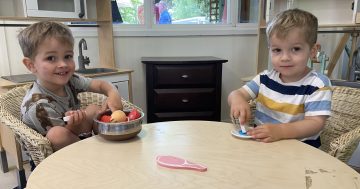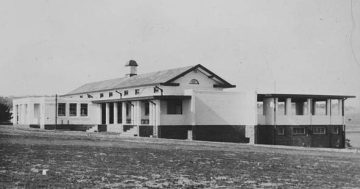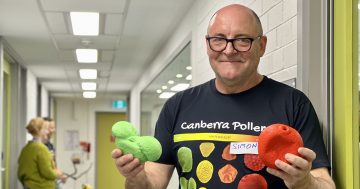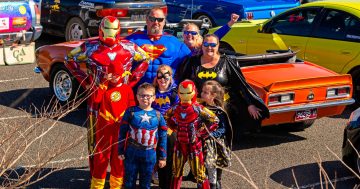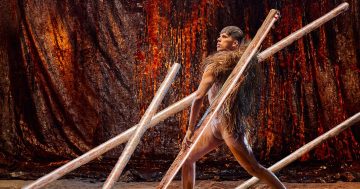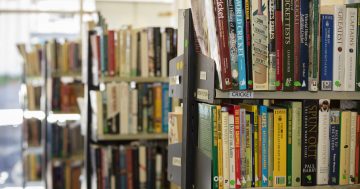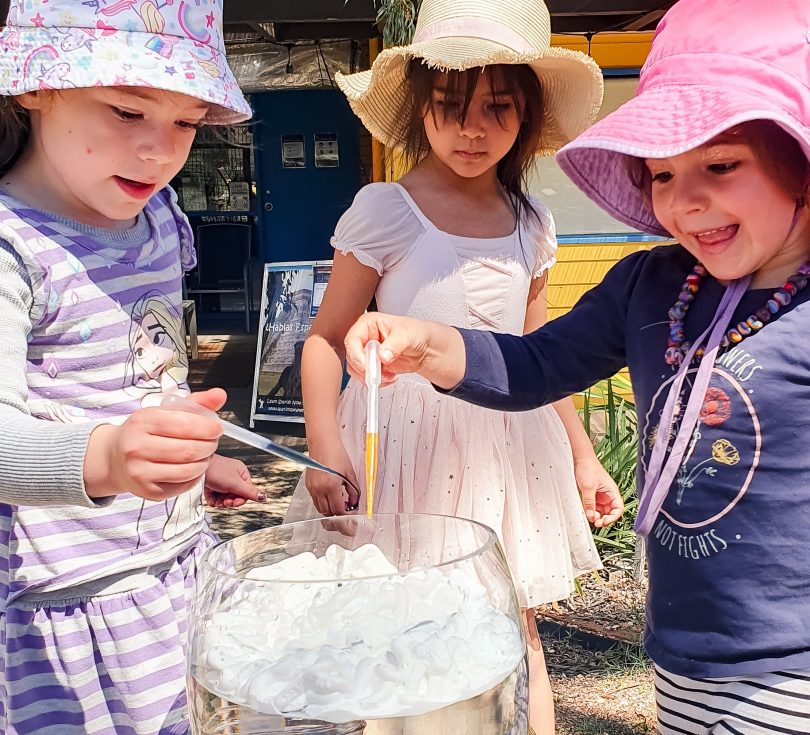
A new bilingual preschool is tentatively offering 30 places from January 2022 to children from all backgrounds. Photo: Spanish Australian Preschool.
The ACT’s first Spanish Australian Preschool is just the initial step for a language teacher and mother of two, who dreams of establishing a range of bilingual immersion programs in schools throughout Canberra.
Children from as young as three can now enrol in the Spanish Australian Preschool (SAPS) operating out of a purpose-designed facility at Red Hill.
An initiative of Bilingual Schools Australia, the preschool will deliver the Early Years Learning Framework in a bilingual and cross-cultural environment.
Preschool founder and director Cristina Wright says the program will immerse both native Spanish speakers and non-native speakers in a safe environment where they feel comfortable using two languages.
“As passionate educators, we know how important it is for children to grow up understanding and knowing not only their own language and heritage, but also the world around them,” Ms Wright said.
“Bilingualism has many proven benefits, including an increase in emotional intelligence, communications, sensory perception, decision-making, self-control and executive function.”
She says an increasingly global workforce is looking for soft skills such as teamwork, collaboration and empathy for different cultures and ideals.
“These are the qualities of a great leader that are an enhanced consequence of bilingualism,” Ms Wright said.
“We are planting a seed for something great that is much more than just speaking two languages.
“Bilingualism gives people a different perspective and really puts you ahead of those people only exposed to one culture and one language.
“It adds a layer of shine to what you already know.”
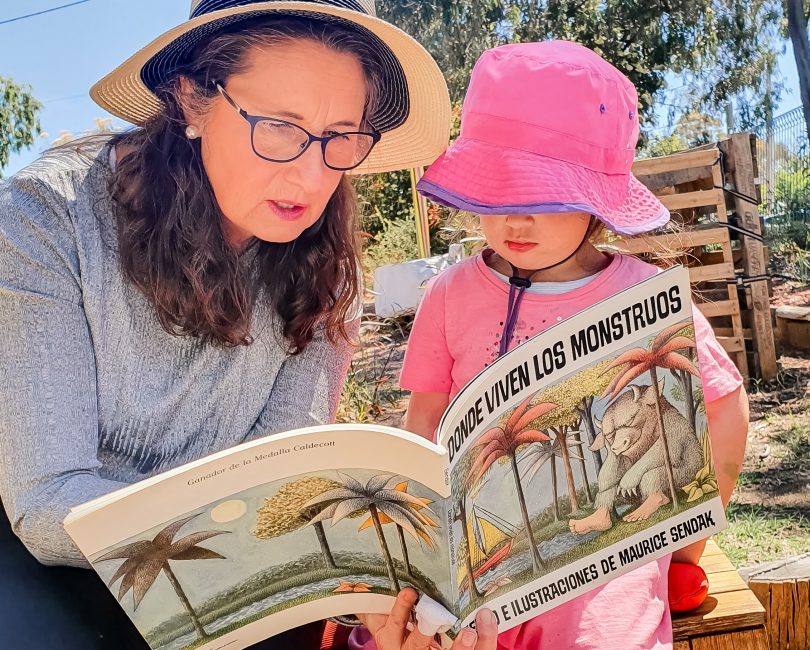
By teaching two languages, the preschool aims to create global leaders of the future. Photo: Spanish Australian Preschool.
She believes it’s not possible for an education to be classified as “global” if students don’t master at least two languages.
The new preschool is tentatively offering 30 places from January 2022 to children from all backgrounds, whether they speak Spanish at home or not.
The bilingual education program will provide a range of inquiry and child-initiated projects aimed at fostering creativity, imagination, skills, and knowledge to allow children to naturally develop skills for life, including bilingualism, biliteracy and biculturalism.
Ms Wright believes the new preschool is just the start of a new wave of learning possibilities in the ACT, from birth to high school graduation.
Bilingual Schools Australia has a “master plan” to implement programs in existing schools, offering a selection of languages across the ACT, but she says many schools have been reluctant to jump on board.
“I don’t understand why the idea isn’t gaining momentum here,” Ms Wright said.
“We are isolated in Australia, and some people think we don’t need to learn two languages, but this is precisely a reason to break that monolingual culture.
“There are a few schools currently teaching Spanish in the ACT, but it is all as a foreign language, as a subject.
“With our immersion program, the difference is that students learn ‘in’ Spanish and not necessarily the language itself.
“The schools don’t have to change their existing curriculum, the students just learn the same thing in two languages.
“It’s such a no-brainer for me.”
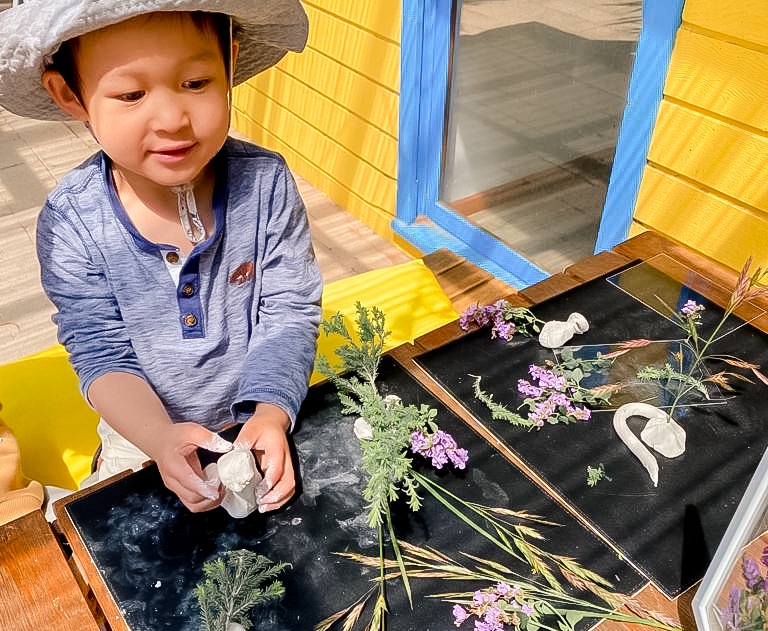
Children will learn a second language naturally through play. Photo: Spanish Australian Preschool.
Ms Wright says learning a second language is “a gift to the next generation” and the ACT Hispanic Parents Association has thrown its support behind the master plan.
“We want to welcome every culture, every background,” she said.
“Imagine if a kid had a Chinese background, learnt in Spanish as well as English and finished high school with three languages, how wonderful would that be?”
The response to the preschool has been positive, with children already on the waiting list up to 2024, including a Spanish-speaking family moving from Melbourne to Canberra.
The Spanish Australian Preschool’s mission is to prepare leaders for the global community, in a way that national and international opportunities don’t bypass them.













